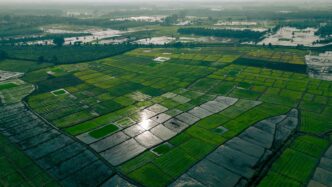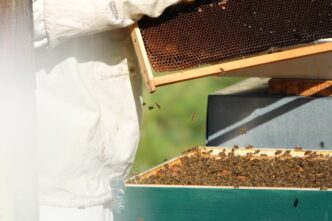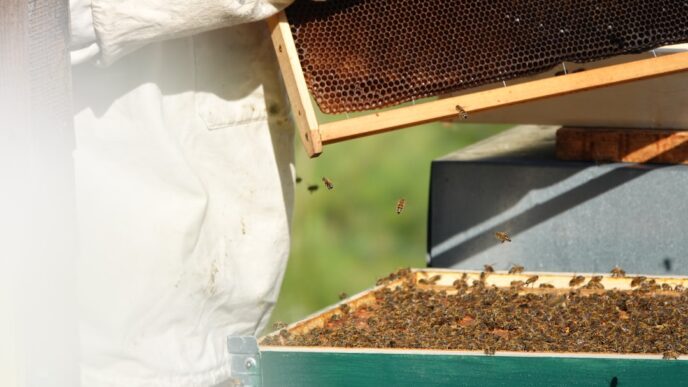Imagine walking through a bustling city where rooftop gardens and vertical farms abound, supplying fresh produce to local markets and restaurants. This is not a distant dream but a burgeoning reality as urban farming cooperatives gain traction, reshaping food systems and local economies.
Cities like Detroit and New York have seen a significant rise in such cooperatives, where residents band together to cultivate crops in otherwise unused urban spaces. According to a report by the Detroit Economic Growth Corporation, urban farming in Detroit has not only revitalized vacant lots but also catalyzed community engagement and economic opportunities.
These cooperatives operate on the principle of shared ownership and collective management, allowing members to participate in decision-making processes. They provide a unique alternative to traditional food systems, which are frequently criticized for their lack of transparency, high carbon footprints, and susceptibility to global supply chain disruptions. In contrast, urban farming offers a localized solution to food insecurity, particularly in communities that have been historically marginalized.
Consider the case of the Bushwick Food Co-op in Brooklyn, New York. Founded in 2011, this cooperative has transformed the local grocery landscape by sourcing organic produce and other goods directly from local farmers, thereby reducing carbon emissions associated with transportation. Members pay an annual fee, which grants them access to lower prices and a voice in the cooperative’s direction. This model not only encourages sustainable practices but also strengthens local economies by keeping food dollars within the community.
The economic benefits extend beyond food sovereignty. Urban farming cooperatives create jobs, from agricultural roles to administrative positions, contributing to local employment. They also foster entrepreneurship, allowing individuals to market their products or services—such as homemade jams or herbal teas—through the cooperative. A study by the American Journal of Agricultural Economics highlights that such initiatives can increase community resilience, particularly in times of crisis, by ensuring access to fresh food.
However, it’s not all sunshine and rainbows. Urban farming cooperatives face significant challenges, including zoning laws, competition for land, and initial funding. In many cities, land use regulations remain antiquated, making it difficult for these initiatives to thrive. New York City, for example, has made strides in creating supportive policies but still grapples with bureaucratic hurdles that slow down cooperative development.
Despite these obstacles, the potential for urban farming cooperatives to provide sustainable economic solutions is substantial. By prioritizing local resources and labor, they can serve as a blueprint for resilience in food production. The success of these models could inspire similar initiatives globally, especially in regions grappling with food security and economic instability.
As cities continue to expand, the integration of urban farming cooperatives into the economic fabric presents a path toward sustainability and community empowerment. The question remains: will policymakers recognize the value of these innovative cooperatives, or will they remain sidelined in favor of traditional models that prioritize profit over people? The answer may define the economic landscapes of cities for decades to come.













